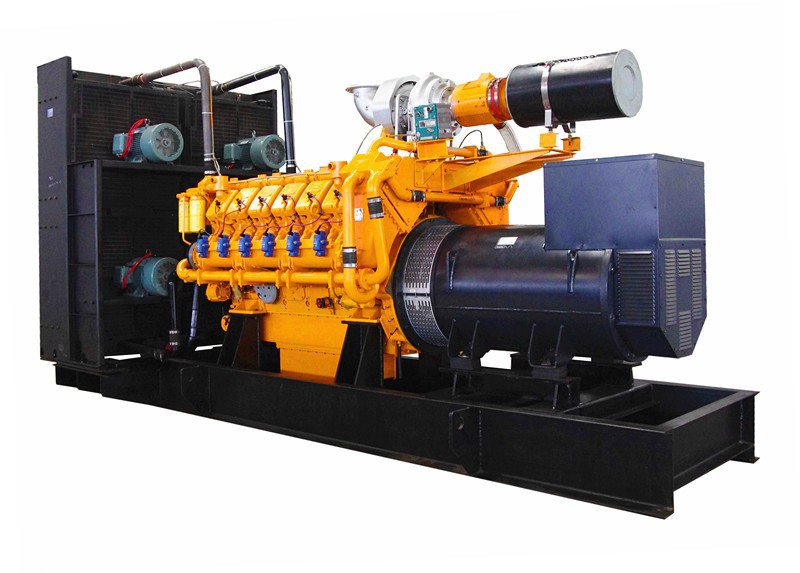Diesel Power Generation
 Diesel powered generators provide the most reliable form of emergency backup power. Many international building codes and standards effectively require diesel generators for code compliance because of the need for rapid response time, load carrying capacity, fuel supply and availability, and reliability. One of the most important and unique features of diesel powered generators compared to other technologies is quick response time, able to start and absorb a full electrical load within ten seconds of grid power failure.
Diesel powered generators provide the most reliable form of emergency backup power. Many international building codes and standards effectively require diesel generators for code compliance because of the need for rapid response time, load carrying capacity, fuel supply and availability, and reliability. One of the most important and unique features of diesel powered generators compared to other technologies is quick response time, able to start and absorb a full electrical load within ten seconds of grid power failure. Diesel Generators
Generators that use diesel to run are known as diesel generators. These can be divided into two basic parts: a diesel engine and an electrical generator. Diesel generators can be used to provide power to places that are not powered by a power grid or as a backup in case of a power outage. Diesel generators are also used in ships as an energy source and also for propulsion.
Diesel generators are extremely common as back-up units for emergency power supply. Available in both single and three-phase, diesel generators can be used not only in large establishments but also for homes and small offices.
Advantages
Nowadays, when it comes to making choices regarding fuel, the most important factor is price. With the constantly increasing demand and steadily decreasing supply, fuel choice has become the most debated topic in almost every sphere. The key is to find a fuel that is cost effective as well as energy efficient. In this regard, diesel generators score high. While they are a considerably more expensive alternative in comparison to natural gas generators, since the price of diesel is more than that of gas, diesel has a higher energy density. Simply said, while you may pay more for the diesel, you will also get more energy out of the diesel than you would for the same volume of gas. Hence, fuel efficiency is by far the single most important advantage of diesel generators.
Another big benefit of installing a diesel generator is the assurance of a steady power supply. In premises such as hospitals, this plays a significant role because most of the machines used require constant power and one power outage could mean the difference between life and death.
Compared to a generator powered by gasoline, the diesel generator is far more efficient for several reasons as follows:
- Diesel engines that are presently used are much-improved versions of earlier models that were a nuisance due to high noise and heavy maintenance
- Diesel engines are much more sturdy and reliable
- Another big advantage over gas engines is that diesel engines do not require spark plugs or wires; this helps in reducing maintenance costs
- The lifespan of a gas engine is much shorter than that of a diesel engine
- Diesel generators also score high on the safety front, being less flammable than other fuel sources; moreover, the absence of spark plugs eliminates the risk of freak fires
Disadvantages
One substantial disadvantage of a diesel generator is that it can be considerably expensive in comparison to other generators. But, since the maintenance cost of a diesel generator is quite low, it more than makes up for the initial investment.
Noise has always been an issue with regard to diesel generators. While the newer models are designed to be quieter, the older variants can still be considerably noisy. This means that if the generator is being used in areas that are heavily populated, residents may complain of noise pollution from the generator unit.
Another drawback is that diesel generators are bulky and comprise large and heavy components. Therefore, as opposed to smaller and lighter generators, diesel generators may not be the most preferred portable unit.
Last but not least, given the recent trend of environmental awareness, diesel is also considered to be a major pollutant in certain areas.






